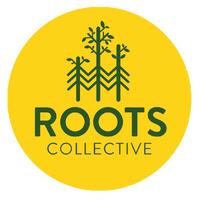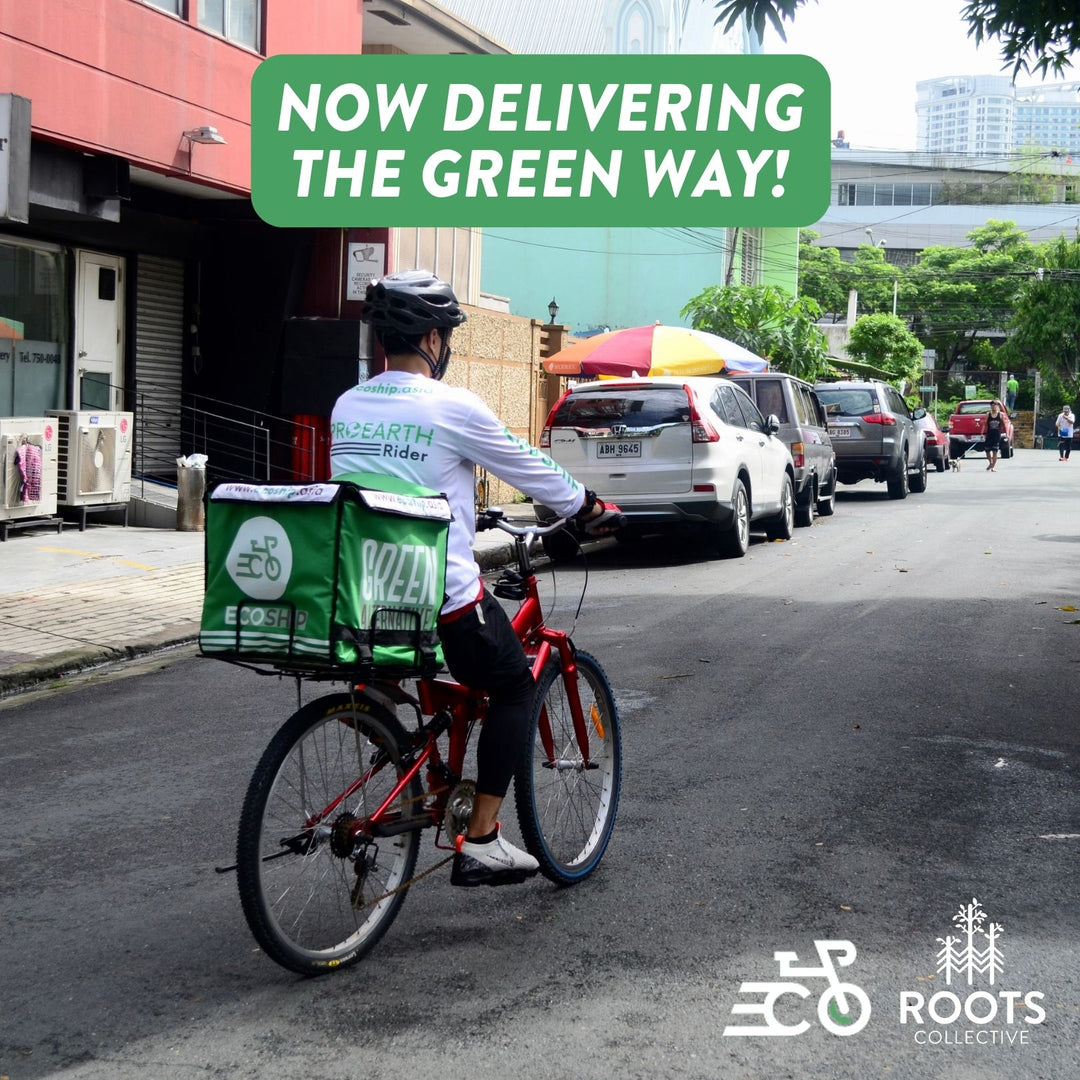[Staying Rooted] Spending to help MSMEs

The coronavirus pandemic will be forever remembered as an incredibly destructive event, in terms of its health and economic impacts. Over 220 million people have been infected, with over 4.6 million of them killed by COVID-19. As for the economy, global gross domestic product (GDP) shrunk by 3.5% — the highest since the Great Depression in the 1930s, leading millions to slip into unemployment and poverty. While the pandemic was a wake-up call to how much public health contributes to keeping societies intact and whole, it also serves as an opportunity for us to reassess the role of government in emergency situations like this.
The status quo
The current economic order in the Philippines has been largely capitalist in nature, with private enterprise taking center stage in our economy, and the government taking a backseat in most affairs. An example of this would be that of government aid, which has historically been very austere, and targeted only to the most indigent of populations.
While this status quo has not been immune to criticism, it has largely been our country’s economic system since our nation regained independence from the Americans in 1946; and it has been underpinned by a phobia of government spending among many Filipinos, brought about by poor fiscal management during the Marcos regime.
A false dichotomy
So far, during the COVID-19 pandemic, government intervention has largely been limited to enforcing minimum public health standards, such as mask-wearing and maintaining social distancing. The economic interventions offered, such as a one-time ₱8,000 wage subsidy and a ₱1,000/week cash aid for those living in areas under ECQ, were paltry, relative to even our ASEAN neighbors.
Having relegated economic aid to the sidelines, we have been gaslit to believe that there are only two ways on how to deal with the pandemic, which are to either lock down the economy, or to keep everything open and let nature take its course. The issue here, though, is that both interventions lead to the same end - death - from starvation or the disease, respectively.
On a larger scale, closing down the economy without providing economic assistance may also further increase existing inequalities, and erode trust in institutions. This would drastically affect social cohesion and stability, possibly leading to irreparable scarring. It would, in particular, hit the micro, small, and medium enterprises (MSMEs) much harder, as these organizations tend to have much less buffer and systems than their conglomerate- or multinational-sized counterparts. Considering that MSMEs contribute to 99% of the economy, actions that do not afford much protection and support to them could spell catastrophic consequences for the economy - and, by extension, society.
The social contract
As Filipinos, we often forget that the purpose of the government is to maintain our well-being and keep us whole, especially during periods of emergency. The concept of a social contract then becomes very salient in times like these, when we willingly surrender some of our rights in exchange for protection from the state. However, this appears to not be the case here: we have sacrificed our freedoms of speech, movement, expression, privacy, and more — in exchange for no mass testing, insufficient contact tracing, and a slow vaccination program.
So where does government aid or ayuda come in?
We should redefine “government aid” as not a bailout, but as an entitlement we can avail of when we need it, much like an insurance payout given after years of paying premiums. This “aid” is also part of their end in the social contract we all participate in. Therefore, we should not be ashamed in availing of it.
Carrots to restart the economy
Dealing with the pandemic and restarting the economy should be done in a transactional manner, as this is our very nature. We would act or work, when we get another thing, of equivalent value, in exchange. For far too long, we’ve been getting the sticks, but now we need the carrots.
As a country in which roughly 60% of its economy relies on services, consumer spending is integral to restarting the economy. The government must find ways to augment the incomes of those affected by the pandemic, to ensure people do not fall below the cracks, and into poverty.
The easiest way is to augment existing social programs, as there is already infrastructure for this. We can have the government temporarily increase pensions, and augment the Pantawid Pamilyang Pilipino Program or 4Ps to target the most vulnerable peoples during the pandemic. We can also increase the ayuda of those in lockdown to at least minimum wage to stop them from working outside.
Another way to boost the economy is to instate a universal basic income that all Filipinos, regardless of socio-economic status, would receive during periods of economic contraction. If this basic income is especially conditioned on purchasing from local brands, this can help boost domestic spending, which would further jumpstart the economy. A universal basic income would likely be popular too, as it would be available to every single citizen. We won’t likely see people complaining, because no one is excluded.
One last fiscal policy we wish to see would be a wage replacement program, where the state pays for a large part of the entirety of their employees’ salaries during emergency situations like this. This, in particular, would most benefit MSMEs. Keeping employees attached to their work allows them to maintain all their benefits, including health insurance, which would otherwise not be available if they were out of work. For the MSMEs which would benefit from this, it would allow them to remain whole and viable, helping them to better rebound after the crisis is over. This intervention would, more importantly, prevent logistical chains from collapsing, as employees are ultimately what keeps a company operational.
Why spend?
We usually think of costs only as money spent on a product or a service. However, this definition is not holistic, as other factors such as social and environmental impacts are not factored in. We also often fail to recognize opportunity costs associated with not doing anything to alleviate economic hardships.
The worry we should have is not overspending, but in not spending enough, as economic scarring can affect society for years to come, and would likely be costlier to rectify. Contemporary examples of the suffering of badly-impacted communities and what could happen if it boils over are abound the world over; at the same time, examples of governments taking good care of their vulnerable citizens and groups thereof also resound.
Furthermore, we owe it to those contributing most to our economic well-being that they get the much-needed support that the national institutions can and should accord them. We may end up seeing a lost generation who could have been much more productive members of society, had interventions been made.
~
*This article was originally published on ABS-CBN News on 16 September 2021, in partnership between the Roots Collective and ABS-CBN News.
















Leave a comment